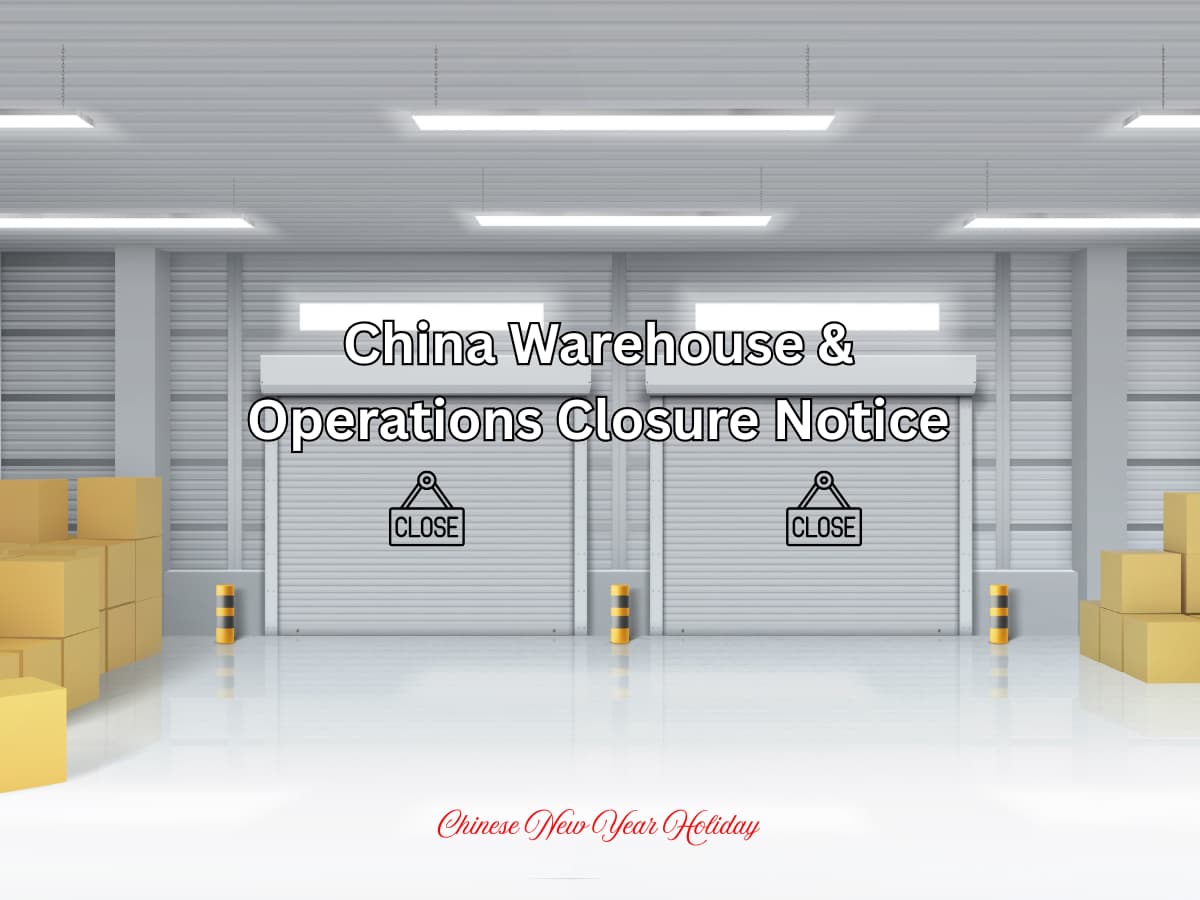Technological advancement, especially in the aspects of artificial intelligence, cloud computing, robotic process automation, and other constantly emerging technologies, has gone a long way to disrupt supply chain functionalities and processes thereby leading to the emergence of new trends in supply chain management.
Today, we will examine these trends and their effect on supply chain management, which bothers on the following areas:
1. Artificial Intelligence and Automation:
As a result of the increasing need to streamline and optimise the supply chain processes and functionalities, the use of artificial intelligence and automation has become the order of the day, as most supply chain service providers rely on it to simplify their processes.
Customers, with the help of artificial intelligence, can track the location of their shipment at any point in time from any part of the world without stress. AI saves time, energy, and money and speeds up the entire supply chain process from start to finish.
2. Risk Management and Resilience:
Organisations and supply chain service providers are gradually realising the importance of risk management and resiliency in supply chain management. They are building capacity to anticipate risks to prevent disruptions in the supply chain process, and AI plays a significant role in this.
3. Supply Chain as a Service (SCaaS):
The concept of Supply Chain as a Service (SCaaS) is gaining popularity as many organisations are gradually becoming willing to relinquish the supply chain aspect of their business to professional supply chain service providers like 3PL and 4PL partners. The complexity of the supply chain industry makes it increasingly difficult for organisations to handle the processes themselves, hence the relinquishing of control to expert providers. SCaaS also allows organisations to enjoy the advantages of the latest technologies and innovations in the supply chain industry without investing in them.
SCaaS is gradually becoming one of the most popular supply chain software trends, shifting the industry from manual to digital, where data maintenance and analysis, implementing massive numbers of IoT devices, etc., become the norm. With SCaaS, organisations can cut costs, boost productivity, enhance customer service, and offer specific benefits for the supply chain, like improved asset management, flexibility, agility, and resilience.
4. Circular Supply Chain:
The concept of the circular supply chain is also gradually gaining traction in the industry as the belief in reusing and recycling materials is on the rise, thereby creating a closed-loop supply chain where waste is reduced.
The circular supply chain is critical and popular due to the increasing global clamour and focus on environmental protection and sustainability, which has compelled organisations to seek ways to become more eco-friendly.
Apart from the sustainability and eco-friendly benefits of this model, it also benefits the organisation in aspects of cost saving, especially on storage and transportation.
5. Cloud-Based Solutions:
It is estimated that by 2027, the market for cloud-based supply chain management will cross 45 billion dollars. Organisations and businesses in recent times are incorporating technological procedures like cloud-based storage and solutions to enhance operational efficiency as they help to reduce expenses, labour costs, and customization issues without compromising on the security or functionality of the organisation.
Thanks to cloud-based solutions, businesses today are more open to outsourcing to service providers without worrying about third parties accessing their software, inventory information, etc.
6. Visibility:
The supply chain industry has, over the years, become competitive, so for anyone to thrive in it, there is the need to be seen and known as a critical player in the industry. Therefore, measures are being taken by industry players to ensure that they are visible in the value chain.
These measures include enhancing customer experience, improving communication processes, digitising the supply chain, utilising social media to connect with the target market, and improving supply chain resilience and agility. Other tools used for supply chain visibility include the 5G network, machine learning, AI, robotics, and supply chain software, which all can be grouped as supply chain management technology.
7. Strengthened Relationship and Collaboration:
This industry, in recent times, has witnessed a lot of collaboration and partnership between manufacturers and suppliers, suppliers and shippers, and even between manufacturers and shippers, and this is because industry players are now committed to building a solid and long-term relationship that benefits all the parties involved. Manufacturers and suppliers now leverage these relationships to enter new markets quickly, which has brought about growth in the global supply chain.
8. Internet of Things (IoT):
This is simply the network of objects that are digitally connected and are accessible from anywhere via a wireless network. IoT has been able to provide oversight functions on operations and transportation in the supply chain industry. Also, it is used for warehouse management, fleet management and tracking, inventory control and management, and mechanical maintenance.
You want to conquer the challenges of supply chain management and better manage your business with the help of AI. So, Contact SARA PROCUREMENT SERVICES LIMITED, and we will hold your hand through the process.
Visit our physical office space at 3 Fatai Irawo Street, Ajao Estate, Airport Road, Lagos, Nigeria, or any of our warehouse touch point locations worldwide to learn more about us and utilise our services.
Our 247-email correspondence is hello@chinatolagos.com. Contact us today.
We are equally social, and you can find us @SaraProcure on your favourite channels: Twitter, Threads, Facebook, and Instagram.
.png)





Comments
Please log in to leave a comment.